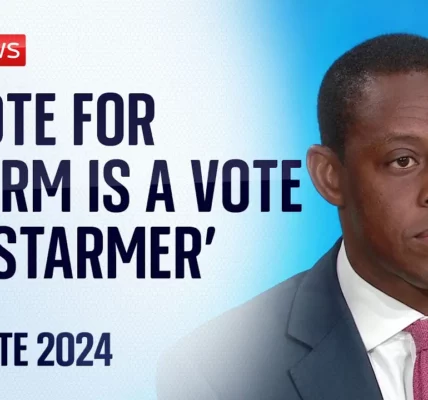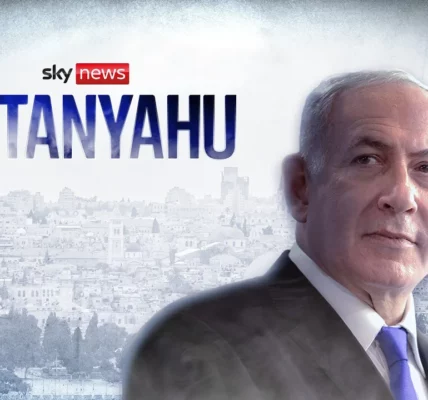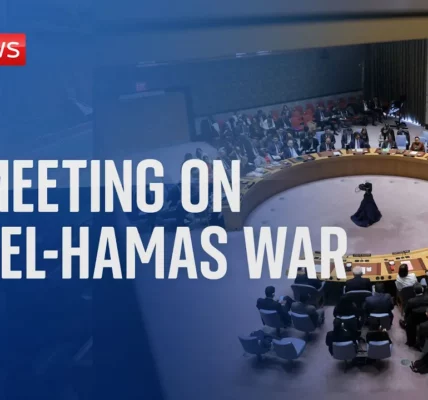Current Situation in Lebanon: An In-Depth Analysis

This article provides a comprehensive overview of the recent escalation in Lebanon, highlighting the challenges faced by the government, the impact on the populace, and the international dynamics at play.
Introduction
Lebanon is currently experiencing a period of intense conflict and instability. In the past 24 hours alone, the death toll has risen significantly, with the situation described as a “true war.” This article aims to explore the various facets of this crisis, including the government’s response, the role of Hezbollah, and the implications for the Lebanese people and the wider region.
The Current Escalation of Conflict
In recent days, Lebanon has seen a sharp increase in violence and conflict, leading to a dire humanitarian situation. The following points summarize the ongoing crisis:
- The death toll has surpassed 500, with ongoing assessments indicating further increases.
- Thousands of individuals have been displaced, seeking safety and shelter in urban areas.
- The escalation began with a series of provocative actions, including the use of pagers and communication devices that signaled impending attacks.
The Role of the Lebanese Government
The Lebanese government faces immense challenges in managing the crisis. The Minister of Economy and Trade has emphasized the need for a unified response and a cessation of hostilities. Key points include:
Government Actions
- Cancellation of cabinet meetings to prioritize diplomatic efforts.
- Engagement with international bodies to seek a ceasefire.
- Coordination with local authorities to provide assistance to displaced populations.
Challenges Faced
The government has been weakened by decades of political instability, which has limited its ability to respond effectively to the crisis. The following challenges are particularly notable:
- Lack of military strength and control over armed groups like Hezbollah.
- Economic instability exacerbating the humanitarian crisis.
- Pressure from international communities to implement reforms without sufficient internal support.
The Role of Hezbollah in the Conflict
Hezbollah’s involvement in the conflict complicates the situation further. The organization’s actions are often tied to broader regional dynamics, particularly concerning Gaza. The Minister’s insights reveal the following:
Justification for Actions
Hezbollah claims that its operations are a response to Israeli aggression, including:
- Rocket attacks on Lebanese territory.
- Continuous military presence in southern Lebanon.
- Historical grievances dating back to the Lebanese Civil War.
Government’s Stance on Hezbollah
The Lebanese government recognizes Hezbollah’s role but seeks to mitigate the group’s influence. The Minister highlighted:
- A need for compliance with international resolutions.
- The importance of avoiding internal conflict.
- The necessity of a balanced approach to regional tensions.
International Dynamics and Future Prospects
The international community plays a crucial role in shaping Lebanon’s future amid ongoing tensions. Key considerations include:
Influence of External Actors
The Minister expressed concerns regarding Lebanon being left alone in negotiations, highlighting:
- The need for a united front against external pressures.
- Iran’s role as a significant player in the region.
- The potential for a deal between Iran and the US impacting Lebanon’s stability.
Opportunities for De-escalation
Despite the dire circumstances, there is room for diplomatic efforts. The Minister noted:
- Calls for wise decisions from all political parties.
- The importance of avoiding further escalation to prevent a regional war.
- Potential positive shifts in international dialogue indicating a desire for peace.
Conclusion
The situation in Lebanon is critical, with the potential for further escalation looming. The government’s efforts to manage the crisis, the complexities surrounding Hezbollah, and the influence of international actors all play significant roles in determining Lebanon’s future. It is imperative that all parties involved seek a solution to mitigate the suffering of the Lebanese people. We urge readers to stay informed about developments in Lebanon and support humanitarian efforts aimed at assisting those affected by the conflict.
For more information on related topics, consider reading our articles on Lebanon’s Economic Crisis and Hezbollah’s Influence in the Region.
“`




